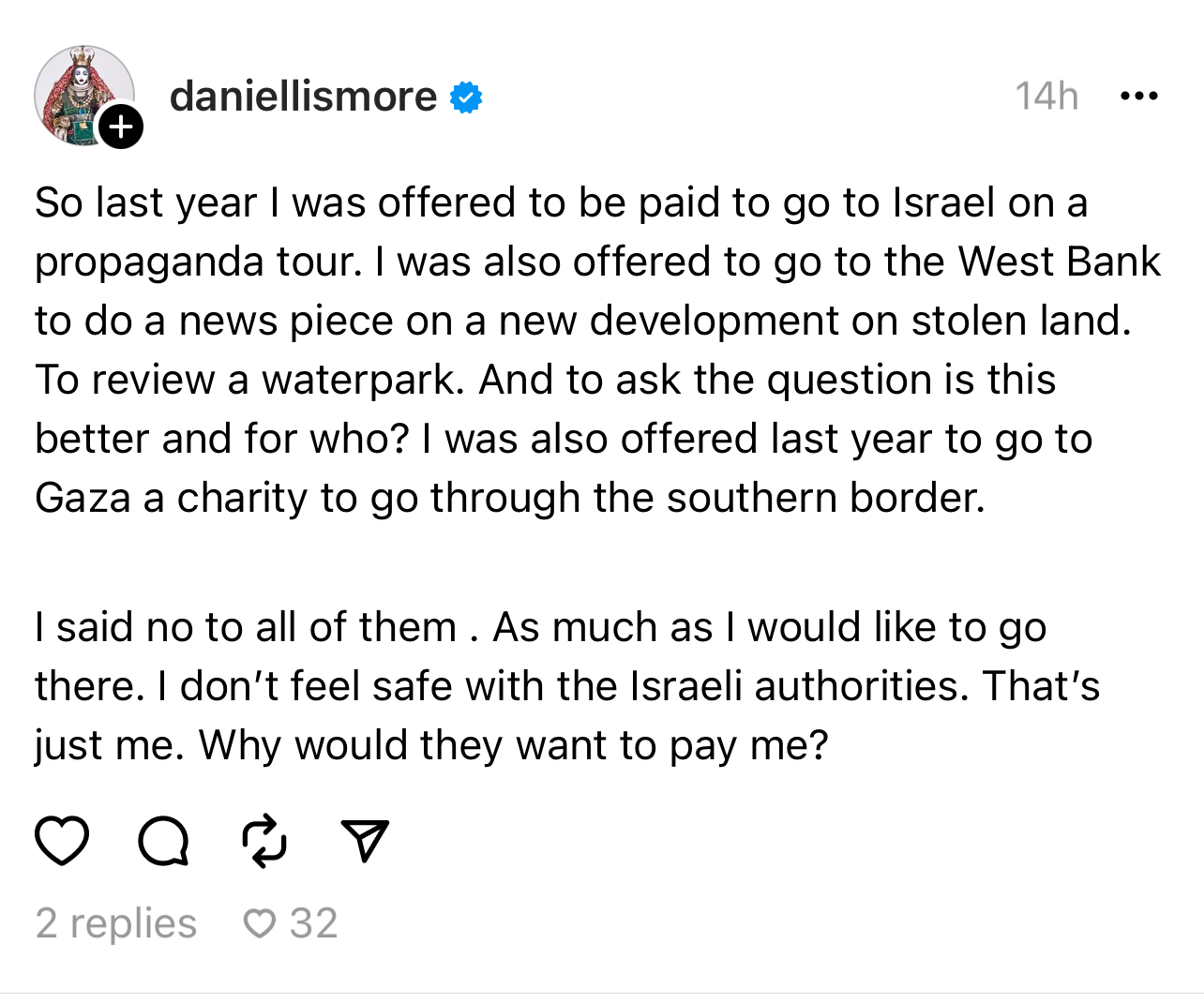There We Go Again
This Time It's Daniel Lismore
I've always liked Daniel and admired his flair for turning heads with his bold, brilliant style—it's a talent that's hard to ignore. But this time, writing this feels like a gut punch, something I don't want to do but know I must. His latest claim crosses a line that can't be brushed off, and it's with a heavy heart I have to call it out.
By using "propa…




